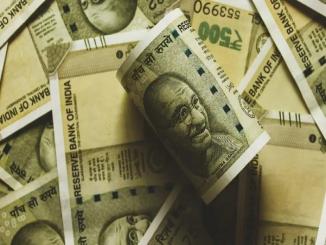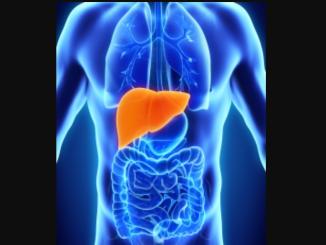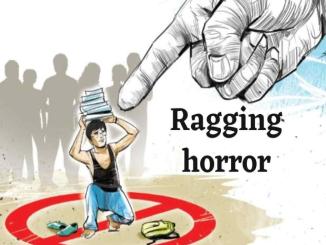The United Nations’ World Health Organization (WHO) marks the World Health Awareness Day each year on April 7 with focus on a particular theme that highlights a particular priority area of public health. This year, the theme selected by WHO for the year-long focus is 'Depression: Let's Talk'. Depression is touted to be one of the main reasons causing mental illnesses across the world and with this theme the WHO aims to reach out and help people battling with the disorder.
According to WHO, depression is "persistent sadness and a loss of interest in activities that people normally enjoy, accompanied by an inability to carry out daily activities for two weeks or more."
Commenting on the issue, WHO Director-General, Dr Margaret Chan said, “These new figures are a wake-up call for all countries to re-think their approaches to mental health and to treat it with the urgency that it deserves.”
One of the first steps is to address issues around prejudice and discrimination. “The continuing stigma associated with mental illness was the reason why we decided to name our campaign Depression: let’s talk,” said Dr Shekhar Saxena, Director of the Department of Mental Health and Substance Abuse at WHO. “For someone living with depression, talking to a person they trust is often the first step towards treatment and recovery.”
Though the illness can affect anyone, it mostly affects teens, adolescents, youth, women after childbirth (postpartum depression) and those above 60.
WHO’s estimates suggest that there has been an 18 per cent rise in people dealing with depression between 2005-2015. This amounts to approximately 300 million people with 86 million in South-East Asia region alone. It also suggests that India leads in the suicide rate among 10 South-East Asian countries with depression being a major cause for it. In India, in the age group of 15-29 years, the suicide rate per 1 lakh people is as high as 35.5.
Below are some suggestions from WHO to overcome depression released on the World Health Day:
- More investments by governments to increase investment for people with mental health disorder.
- Introduction of improved support system and scaling up of programs with mental health disorders
- Better funding for research to facilitate better services
- Trained human resources for better mental healthcare
Meanwhile, marking the international day, Prime Minister Narendra Modi prayed for “wonderful health” for all on. "On #WorldHealthDay, I pray that you are blessed with wonderful health, which gives you the opportunity to pursue your dreams & excel," PM Modi tweeted.
On #WorldHealthDay, I pray that you are blessed with wonderful health, which gives you the opportunity to pursue your dreams & excel.
— Narendra Modi (@narendramodi) 7 April 2017
Reiterating the government's commitment to provide quality healthcare to all, Modi said, “When it comes to healthcare, our government is leaving no stone unturned to provide quality healthcare that is accessible & affordable."
When it comes to healthcare, our Government is leaving no stone unturned to provide quality healthcare that is accessible & affordable.
— Narendra Modi (@narendramodi) 7 April 2017
India recently passed a bill decriminalizing suicide and made provision to protect, promote and fulfill the rights of persons during delivery of mental healthcare and services. According to the bill, every person would have a right to access mental health care and treatment from mental health services run or funded by the appropriate government. The bill also provides that a person with mental illness will have the right to make an advance directive that states how he she wants to be treated for the illness and nominate a representative.



























